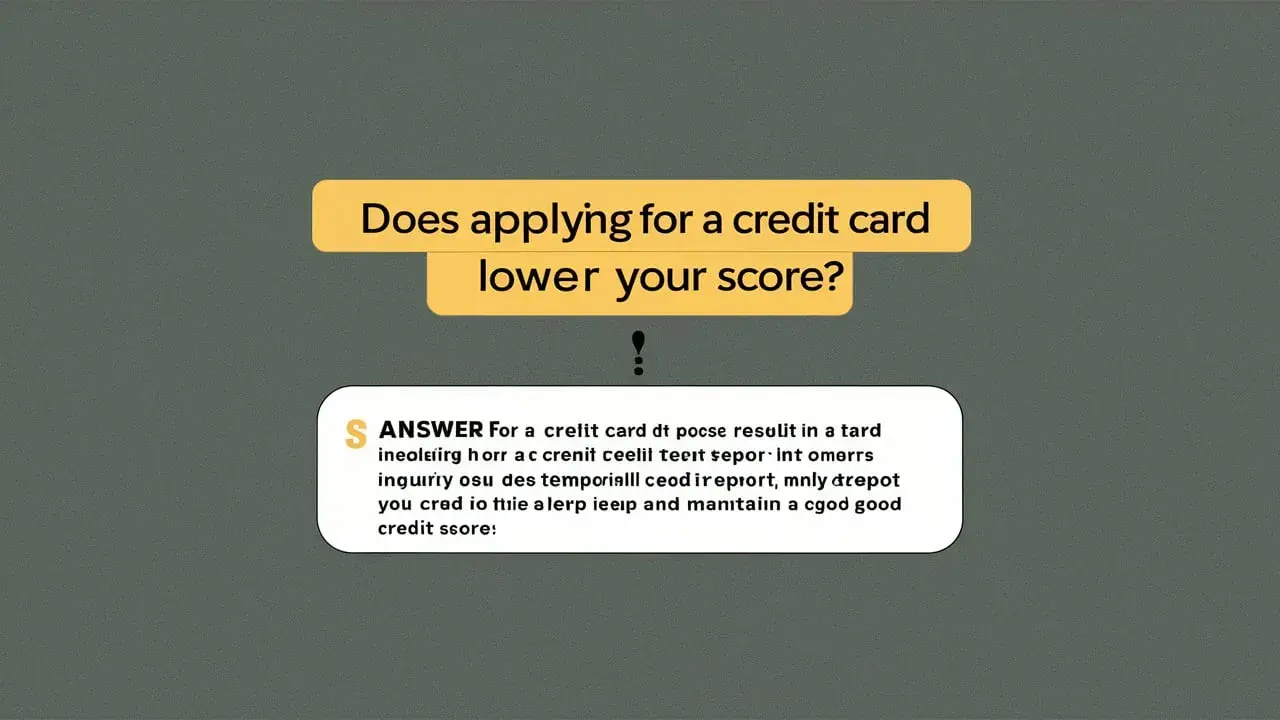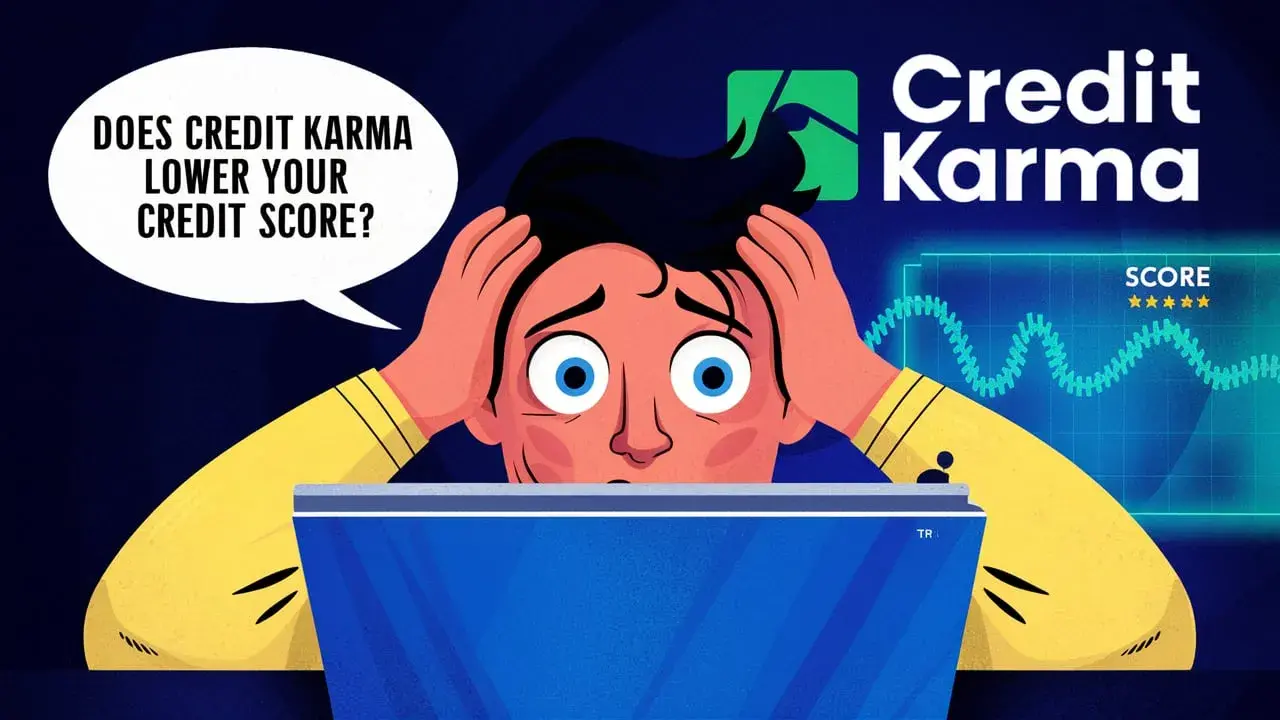-
Posted on: 04 Dec 2024

-
A credit score is more than a number; it’s a critical measure of your financial reliability. From securing a loan to getting favorable interest rates, your score can make or break your financial opportunities. Credit cards play a significant role in shaping this score. But what happens when you decide to cancel a credit card?
This article explores the nuances of canceling credit cards and its effects on your credit score, helping you make informed decisions about your financial well-being.
2. How Credit Scores Work
1 Factors Influencing Credit Scores
Your credit score is calculated based on these five primary factors:
- Payment History (35%): Consistently paying bills on time shows reliability.
- Credit Utilization (30%): The ratio of credit used to credit available significantly impacts your score.
- Length of Credit History (15%): Older accounts demonstrate stability.
- Credit Mix (10%): A variety of credit types, such as loans and credit cards, reflects versatility.
- Recent Credit Inquiries (10%): Frequent applications for new credit can signal financial stress.
2 Role of Credit Cards in Your Credit Score
Credit cards contribute directly to three key components of your credit score: payment history, credit utilization, and length of credit history. Canceling a credit card disrupts these components and may reduce your score depending on your financial situation.
3. The Effects of Canceling a Credit Card
1 Positive Impacts
- Avoiding High Fees: Canceling a card with a hefty annual fee or unfavorable terms can save money.
- Minimizing Risk: Closing unused cards reduces fraud risks and can help control impulsive spending.
2 Negative Impacts
- Increased Credit Utilization Ratio: Closing a card reduces your total credit limit, increasing the percentage of used credit.
- Shortened Credit History: Canceling your oldest account lowers the average age of your credit accounts, impacting your score negatively.
- Loss of Credit Mix: If you rely solely on loans or a single credit card, your credit mix suffers.
4. Situations Where Canceling a Card Might Be Beneficial
- High Annual Fees: Cards with fees that outweigh benefits are worth canceling.
- Fraud Concerns: Canceling prevents further unauthorized charges.
- Redundancy: Multiple cards with overlapping benefits may not be worth keeping.
- Upgrading to a Better Product: When you move to a card with better rewards, closing the old one may make sense.
5. When Canceling a Card Is Not Advisable
- If It’s Your Oldest Account: Older accounts contribute to the length of credit history, a critical factor for your score.
- High Credit Utilization Ratio: Closing a card with a significant credit limit can increase your utilization percentage.
- Before Applying for Loans: A temporary dip in your credit score can affect loan approvals or interest rates.
6. How to Cancel a Credit Card the Right Way?
1 Step to Take Before Canceling
- Pay Off the Balance: Ensure no outstanding dues remain.
- Redeem Rewards: Use any points, cash back, or miles.
- Check Your Credit Impact: Assess how closing the card affects your score using tools like FICO or free credit score platforms.
2 Proper Cancellation Process
- Contact the Issuer: Verify your account is in good standing.
- Write a Request: Submit a formal request to close the account.
- Monitor Your Credit Report: Ensure the account is marked “closed at customer’s request” to avoid red flags.
7. Alternatives to Canceling a Credit Card
1 Downgrading to a No-Annual-Fee Option
If annual fees are a concern, ask your issuer about downgrading the card. This allows you to maintain account history without additional costs.
2 Reducing Credit Limit
If overspending is the issue, consider reducing the card’s credit limit instead of canceling it.
3 Keeping the Card Open but Inactive
To retain account history, make small periodic purchases and pay them off immediately.
9. Expert Tips for Managing Credit Cards and Your Score
- Build a Robust Payment History: Pay bills on time to strengthen your score.
- Monitor Your Credit Regularly: Use credit monitoring tools to detect errors or fraud.
- Strategic Credit Use: Keep your credit utilization below 30%.
Conclusion
Canceling a credit card can impact your financial health, both positively and negatively. While there are valid reasons to cancel a card, understanding the potential effects on your credit score is critical. By following best practices and exploring alternatives, you can protect your credit and achieve long-term financial success.
Start rebuilding your credit today—contact us at (888) 803-7889 now!
Faq
1. Does canceling a credit card immediately lower my score?
Yes, it often does, especially if it impacts your credit utilization or account age.
2. Can I reopen a canceled credit card?
Some issuers allow reopening within a certain timeframe, but it’s not guaranteed.
3. Should I cancel unused cards to simplify my finances?
Not always. Consider alternatives like downgrading to a no-fee card or using it sparingly.
4. What happens if I cancel multiple cards at once?
Canceling multiple cards can drastically affect your credit utilization and average account age.










